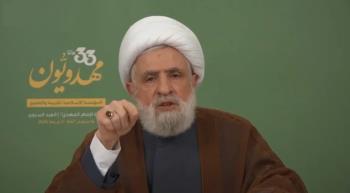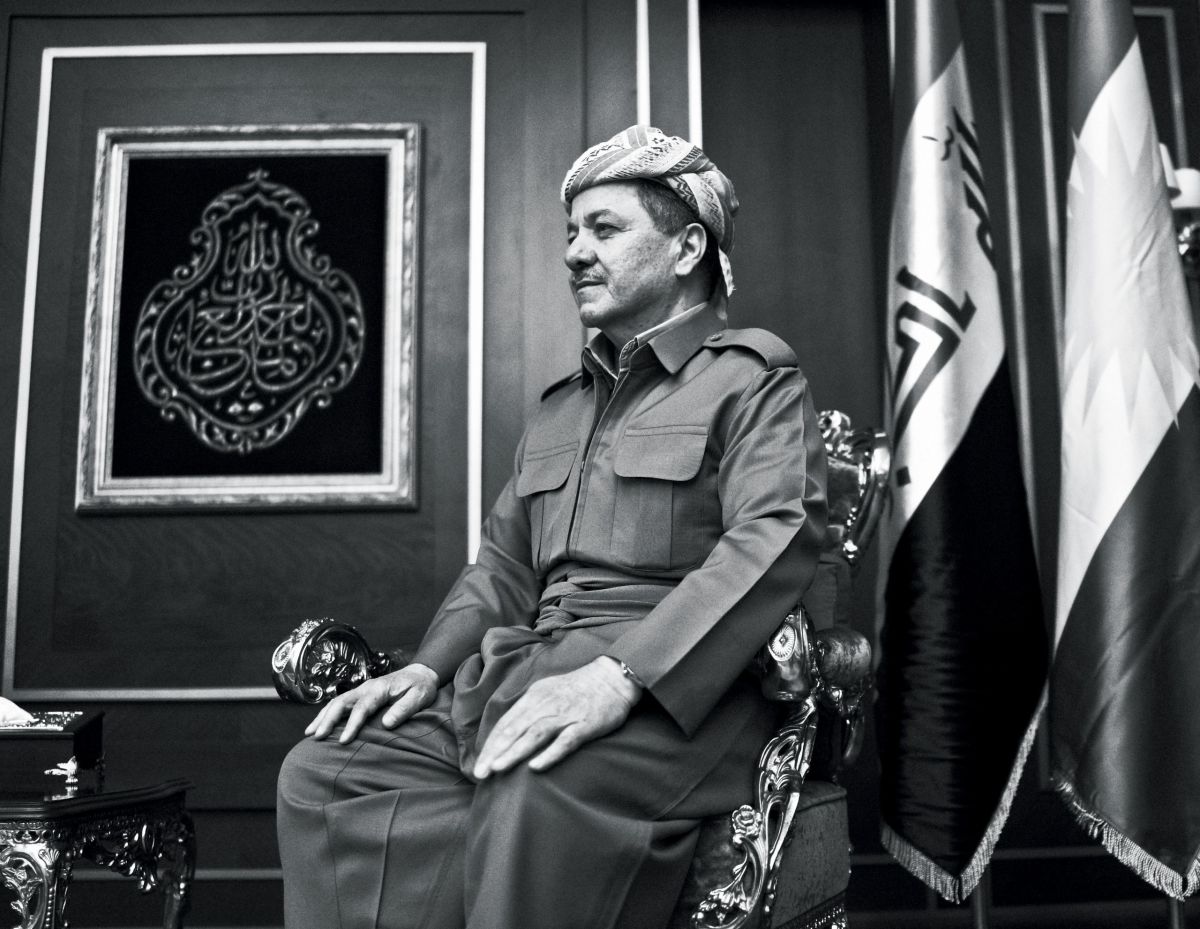Alwaght - Masoud Barzani, president of the Iraqi Kurdistan Region, slammed Turkey’s policy towards Syria’s three-year-old crisis and accused Turkish president, Recep Tayyip Erdogan, of supporting ISIS terrorist group in.
“The Turkish government has been providing crucial intelligence support for radical fighters in Iraq. In fact dozens of Turkish military consultants are participating alongside ISIS in fierce clashes with Iraq and local Kurdish militias,” said Masoud Barzani on Saturday.
Barzani also acknowledging the fact that the Kurds were incredibly gullible and naïve when they believed that Ankara would not remain indifferent if ISIS advances toward their regional capital, Erbil, but in mid-August, ISIS launched blitzkriegs across Iraq and overrun large territories in north and west Iraq and the only country assisted the Kurdish Peshmerga forces, was neighbouring Iran.
The Kurdish prominent official added that ISIS and Turkish Intelligence Organization (MİT) have close ties and both of them aim to annihilate the Kurdish dream of independence.
Mr. Barzani continued by saying that Kobani’s loss might entail large scale massacre of Kurdish population and leave a bitter legacy of Kurdish distrust and hate toward Turkey for years to come.
It was in mid-July 2014 when the Saudi secret service arranged a clandestine meeting between the Iraqi Kurdistan Region Government officials and ISIS terrorists, and the terrorist organization promised Kurds that they would never attack their territories. After one week Mosul, Iraq’s second largest city was seized by ISIS.
Immediately after the Mosul tragedy, Leyla Zana, a Kurdish deputy from the Turkish southeastern province of Diyarbakır, met with Masoud Barzani, and conveyed Abdullah Ocalan’s message to him. Ocalan, Turkey's PKK leader, seriously warned Barzani from any collusion with Riyadh and explained that ISIS will pose a long-term security threat for Kurdish people.
Meanwhile the European officials in Brussels expressed their deep concerns that terrorist attacks are literally 'inevitable' if Saudi-backed jihadists return to their European countries.
A reluctant former communications technician working for ISIS, now going by the pseudonym ‘Sherko Omer’, who managed to escape the group, told Newsweek that he travelled in a convoy of trucks as part of an ISIS unit from their stronghold in Raqqa, across Turkish border, through Turkey and then back across the border to attack Syrian Kurds in the city of Serekaniye in northern Syria in February.
“ISIS commanders told us to fear nothing at all because there was full cooperation with the Turks,” said Omer of crossing the border into Turkey, “and they reassured us that nothing will happen, especially when that is how they regularly travel from Raqqa and Aleppo to the Kurdish areas further northeast of Syria because it was impossible to travel through Syria as YPG [National Army of Syrian Kurdistan] controlled most parts of the Kurdish region.”
“While we tried to cross the Ceylanpinar border post, the Turkish soldiers’ watchtower light spotted us. The commander quickly told us to stay calm, stay in position and not to look at the light. He talked on the radio in Turkish again and we stayed in our positions. Watchtower light then moved about 10 minutes later and the commander ordered us to move because the watchtower light moving away from us was the signal that we could safely cross the border into Serekaniye.”
Until last month, NATO member Turkey had blocked Kurdish fighters from crossing the border into Syria to aid their Syrian counterparts in defending the border town of Kobani. Speaking to Newsweek, Kurds in Kobani said that people attempting to carry supplies across the border were often shot at.
Omer explained that during his time with ISIS, Turkey had been seen as an ally against the Kurds. “ISIS saw the Turkish army as its ally especially when it came to attacking the Kurds in Syria. The Kurds were the common enemy for both ISIS and Turkey. Also, ISIS had to be a Turkish ally because only through Turkey they were able to deploy ISIS fighters to northern parts of the Kurdish cities and towns in Syria.”
“ISIS and Turkey cooperate together on the ground on the basis that they have a common enemy to destroy, the Kurds,” he added.



























